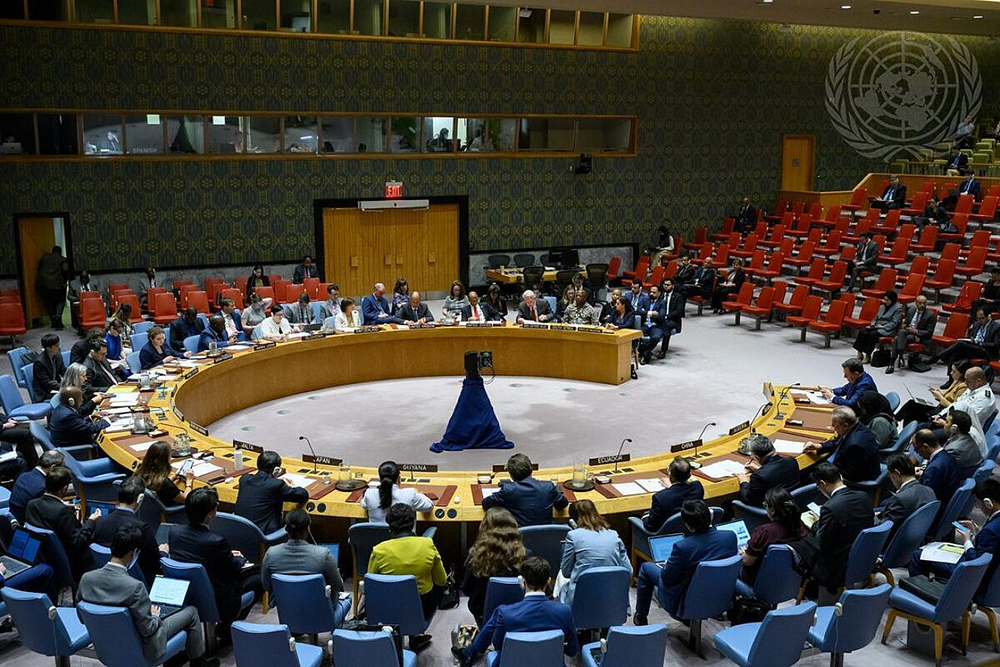Last week, a very special lady passed away: Mrs. Honey Cheifetz, Chana Shoshana bas Yozeph, a”h. Mrs. Cheifetz and her husband Ralph, yblch”t, have been editors of this dvar Torah for the past seven years. Mrs. Cheifetz’s name did not appear in the dvar Torah, but her expert editorial imprint was there each week. May these divrei Torah which she cared about dearly continue to be a merit for her neshama.
This Sunday is Lag B’Omer. It is the day Rabbi Shimon bar Yochai taught the entire Zohar before he ascended to heaven in a pillar of fire. Lag B’Omer was also the day that Rabbi Akiva’s students stopped dying. As such, our mourning practices during Sefirah—restricting marriages, music and haircuts—are suspended on Lag B’Omer.
According to the Chasam Sofer, something else occurred on Lag B’Omer (18 Iyar). It was the first day on which the mann fell from heaven for Klal Yisrael in the desert. For a whole month, they subsisted on the matzah that baked on their backs when they left Mitzrayim. They then complained to Moshe for three days, and the mann started to fall on the 18th of Iyar.
There’s another connection of the mann to the Omer. The Torah says that the amount of mann to be gathered was “Omer LaGulgoles—an Omer per head.” Additionally, the Hebrew word gulgoles has a double occurrence of the letter sequence gimel-lamed, which is the word “Lag” backwards—an allusion to Lag B’Omer.
To understand the connection between the mann, Sefiras HaOmer and Lag B’Omer, we need to examine the text of the bracha which we recite when we count the Omer: “Baruch Atah Hashem… that you sanctified us with the mitzvah of counting the Omer.” Wouldn’t it be better to refer to it as the mitzvah of counting the “days of the Omer,” instead of counting the “Omer?” Wouldn’t that be a more accurate description of what we’re doing?
Rabbi Moshe Shapiro points out that the Torah uses the expression “Sheva Shabbosos” in describing the seven weeks of Sefiras HaOmer. Though the word “Shabbos” usually refers to the day of Shabbos, at times it is used to refer to a week, as the focus of each week is Shabbos. The Torah here is telling us that in order to be ready for Shavuos, we need to focus on seven weeks which center around Shabbos.
The gift of the mann was given to Bnei Yisrael together with the mitzvah of Shabbos: “Six days you shall gather it, but the seventh day is Shabbos; on it there will be none.”The concept of the mann is that Hashem takes care of our daily needs. Each day, we ate our portion and could not leave over for the next day. This ingrained in Bnei Yisrael the fact that our livelihood and substance is totally dependent on Hashem.
Further, the mann didn’t fall on Shabbos. The portion they gathered on Friday was double the size. In fact, the Gemara says that expenses of Shabbos and Yom Tov are “free”—whatever we borrow for them, Hashem will pay it back.
We now can understand the terminology of the bracha of counting the Omer. Although we’re counting the days, we need to count the message of the Omer: that our daily sustenance is delivered exclusively by Hashem. To receive the Torah on Shavuos, we need to internalize this truth for seven full weeks, the focus of which is Shabbos.
Nowadays, we don’t have the actual Korban HaOmer. We don’t have physical mann either. But we do have Shabbos. Seven weeks focusing on Shabbos during the Omer period drills in this message, that when we count the Omer, we are recognizing that our daily food is provided by Hashem.
Rabbi Shimon bar Yochai lived with this belief. For 12 years, he and his son lived in a cave with no provisions of their own. Hashem miraculously created a carob tree outside the cave, as well as a stream of water. They subsisted on water and carob for all those years.
This idea is crucial in order or Bnei Yisrael to be ready for Shavuos, for Matan Torah. Sometimes, we wonder how we’ll be able to afford tuition for yeshiva or to buy all we need for Yom Tov. True, it costs more to live as a frum person, but Hashem teaches us with the Omer that it is He who provides our food daily and will provide for us so we can fully embrace a Torah life.
Rabbi Baruch Bodenheim is the Associate Rosh Yeshiva of Passaic Torah Institute (PTI)/Yeshiva Ner Boruch. Rabbi Bodenheim can be reached at [email protected]. For more info about PTI and its Torah classes, visit www.pti.shulcloud.com











